Guest Post by Bob MuellerToday I'm happy to bring you a guest post on listening to your creative voice by guest blogger, Bob Mueller, author of the fabulous novel The Sad Girl (a really introspective thriller/mystery about sex trafficking). Enjoy and comment. I've developed into something of a Dean Smith fanboy lately. Many of his posts are hitting a nerve with me, from his series on Heinlein's Business Rules to his discussions of the publishing industry. Gravity's director Rachel Thompson is fond of prompting writers to "Write what scares you." She's usually talking about topics, not writing style, as in don't worry about what people will think of your topic, be it a memoir about childhood sexual abuse or a novel about human trafficking. Lately, Dean has made several references to a book he wrote, Writing Into The Dark. It started out as a blog series about how to make your critical voice shut up so you can listen to your creative voice. He says, "The only purpose of the critical voice in creative writing is to stop you…Critical voice in humans is there to protect us." Critical voice is what tells you not to lane-split on your motorcycle at 80+. It's what makes you take the safe path around the cliff, instead of skiing off of it and getting your picture in Ski Magazine. It's also what tells you not to pick up hitchhikers, or to avoid touching the electric fence. But Smith makes the case that it's also what tells you your story must have one primary story arc, three supporting arcs, a carefully orchestrated inciting incident, and everything else that lit majors tell you a story requires. It's what tells you that must outline your story from beginning to end, so that you know exactly what happens and when it happens, and all you have to do is plug in the right words to describe what's happening. Back when I first thought to write, I thought I'd just be able to start with a premise, like two guys wandering into a shootout on the way home from the gun range, or a group of soldiers stuck behind enemy lines after five years of warfare in Europe, and turn out this terrific novel that would hit the bestseller list in record time. I've got three or four trunked stories to show for it. Then I wondered about outlining the story. I thought getting really well organized first would be a better way to start. I didn't know about Freytag's pyramid, inciting incidents, or plot devices. Still don't know much about them, really. So I tried outlining a story, to see where it would get me. It was more of a long synopsis, working on the idea that each paragraph could be a chapter or scene. It got me started on one book, but as I moved further along in the story, it felt like I was working too hard, like I was forcing the story. But I trudged along and got it finished. In the middle of writing that book, I got invited into a short story project. We were given a prompt and a deadline, and I was nervous, having never written a short story. You can't really outline those the way you would a book. That's what I thought at the time, anyway. So what did I do? I started with a premise – an object you'd find at a police auction – and just started asking questions. "What is it, and who found it?" "So what?" And the most helpful question: "What happened next?" That process gave me a 3,000 word short story that later became The Sad Girl. I didn't really outline or synopsize that one. I had a few ideas of things that might happen, but I tried really hard to just let the story flow. As I look back now, it occurs to me that the times the writing really dragged was when I wanted something to happen a particular way. But when I backed off a little bit and started listening to my creative voice, things flowed much better. The same thing held true on the sequel: a general idea, a couple of ideas about how things might happen, and it flowed pretty easily. As I started working on the third book, I thought I needed to plan things out a lot better, because this one is turning out to be a little lot more involved than the first two. But I'm about 10k words into the third book, and it's starting to feel forced. It might be time to turn off the critical voice again. I tried that on a short story I was straining on the other day, and kicked out 800 words without much effort. So I've learned at this point that even though I don't like it, and even though it makes me nervous, I seem to turn out my best writing when I'm writing by the seat of my pants. Because that's what writing into the dark really is: just a fancy way of saying you're a pantser instead of a plotter. Is one way better than the other? Probably, but that's an individual answer. It might even change for each book that you write. I guess the most important thing to take away from this is to not listen to your critical voice. That's the one telling you that you have to do it one way, all the time. Don't listen to that voice. Listen to your creative voice. That's the one that's whispering the story to you. All About Bob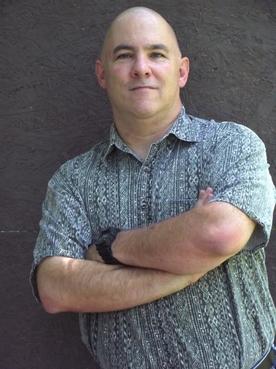 Bob Mueller is a teller of stories. They sound like thrillers in his head. He puts himself in someone else’s shoes, teases out their feelings, blends that with bits and pieces of history and life experience, and crafts a story that might have been inspired by a song or a news story. But it’s about emotions in the end. Published under Booktrope's Gravity Imprint, Bob is a member of International Thriller Writers, Tulsa NightWriters and Oklahoma Writer’s Federation, a father of eight, and a pastor’s husband. His novel The Sad Girl is available now from Amazon. You can also find him at http://www.bobmuellerwriter.com, on Twitter, Facebook, Pinterest, Instagram, and Goodreads.
0 Comments
Leave a Reply. |
AuthorH.M Jones is the author of B.R.A.G Medallion Honor and NIEA finalist book Monochrome, its prequel Fade to Blue, the Adela Darken Graphic Novellas, Al Ravien's Night, The Immortals series, and several short stories. Archives
December 2019
Categories
All
|
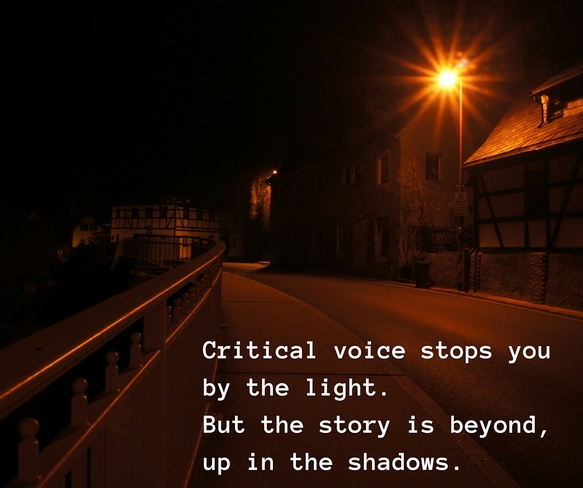
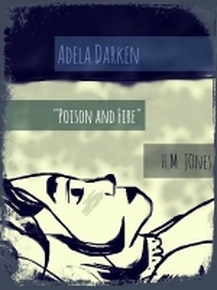
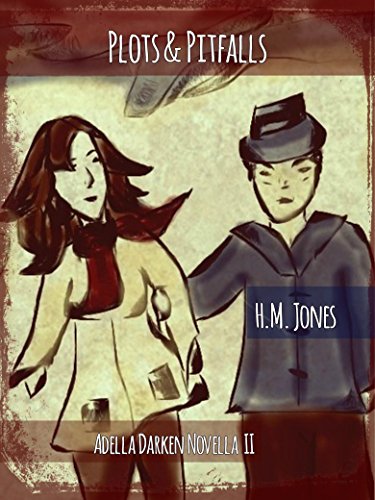
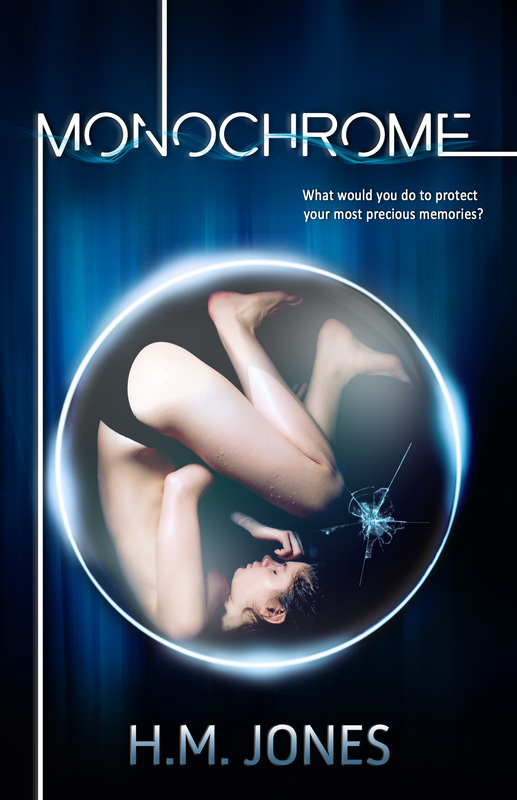
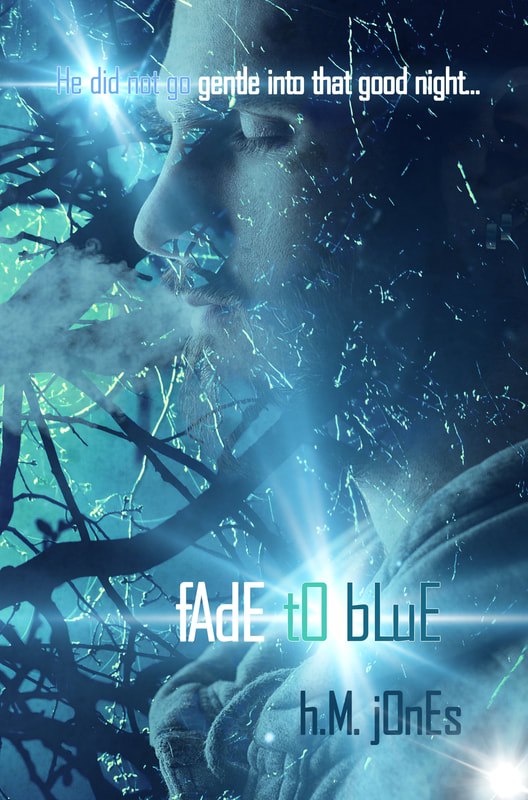
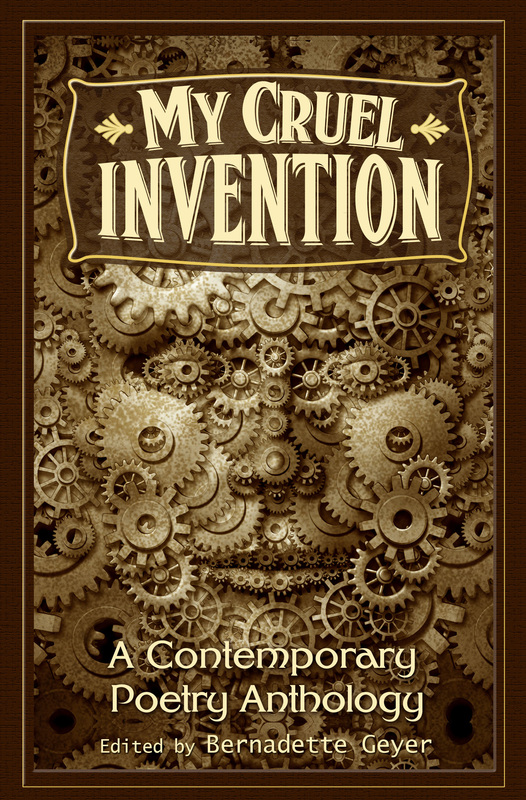

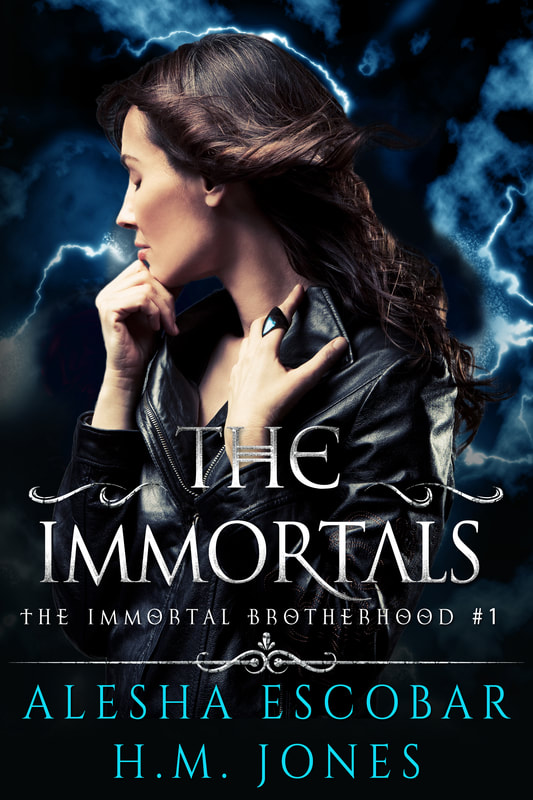
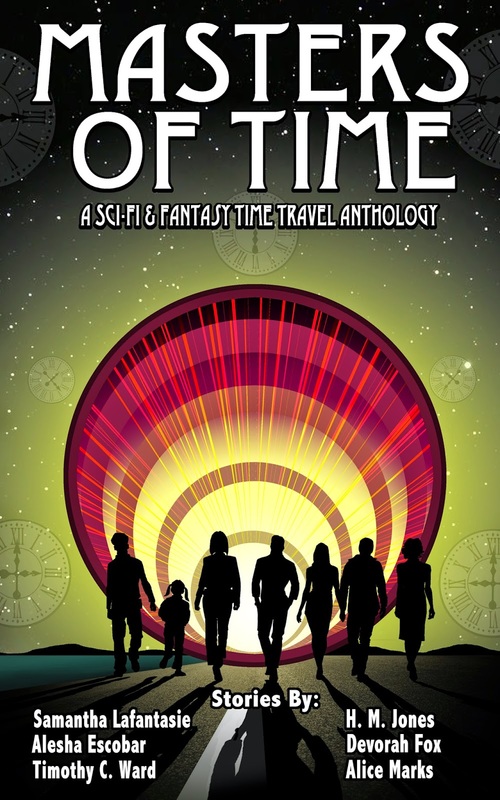
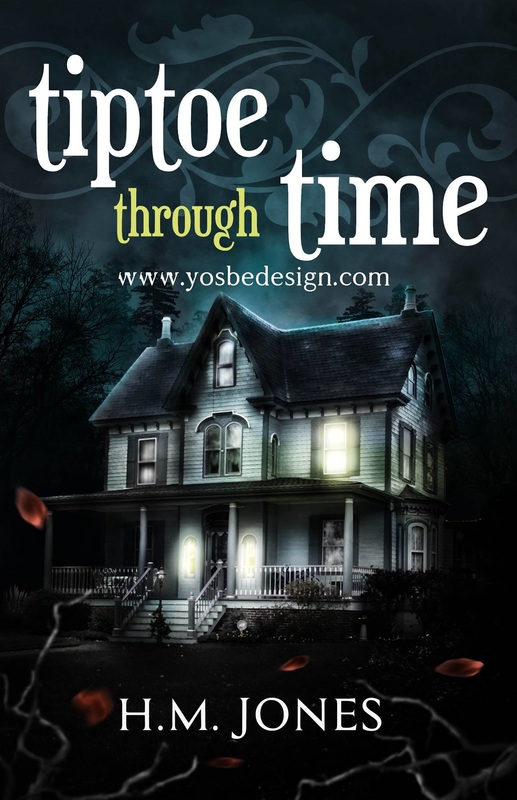
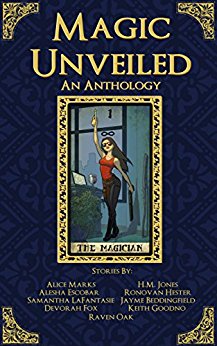
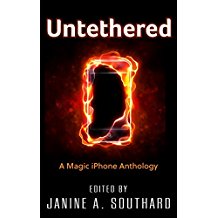
 RSS Feed
RSS Feed
